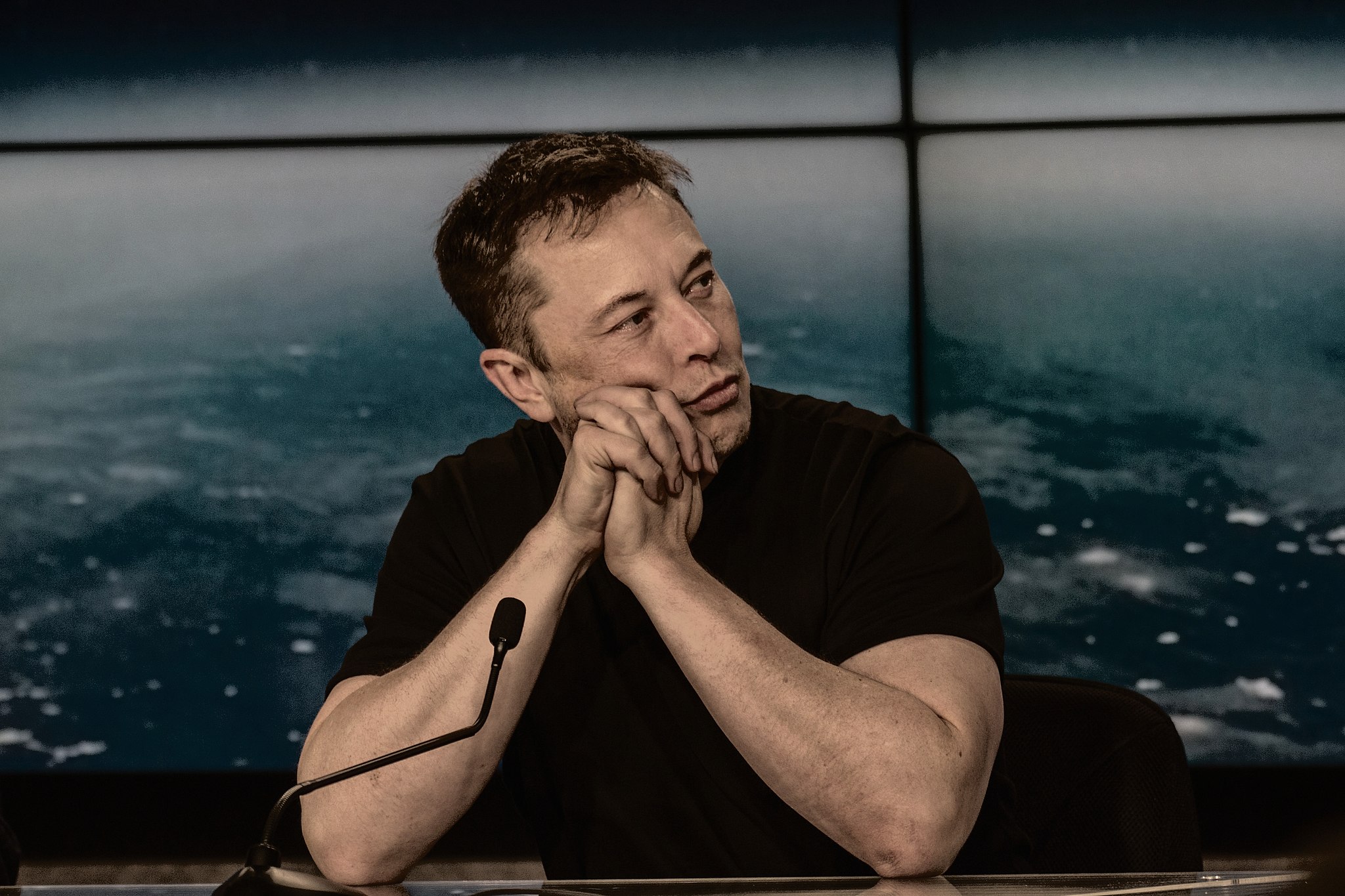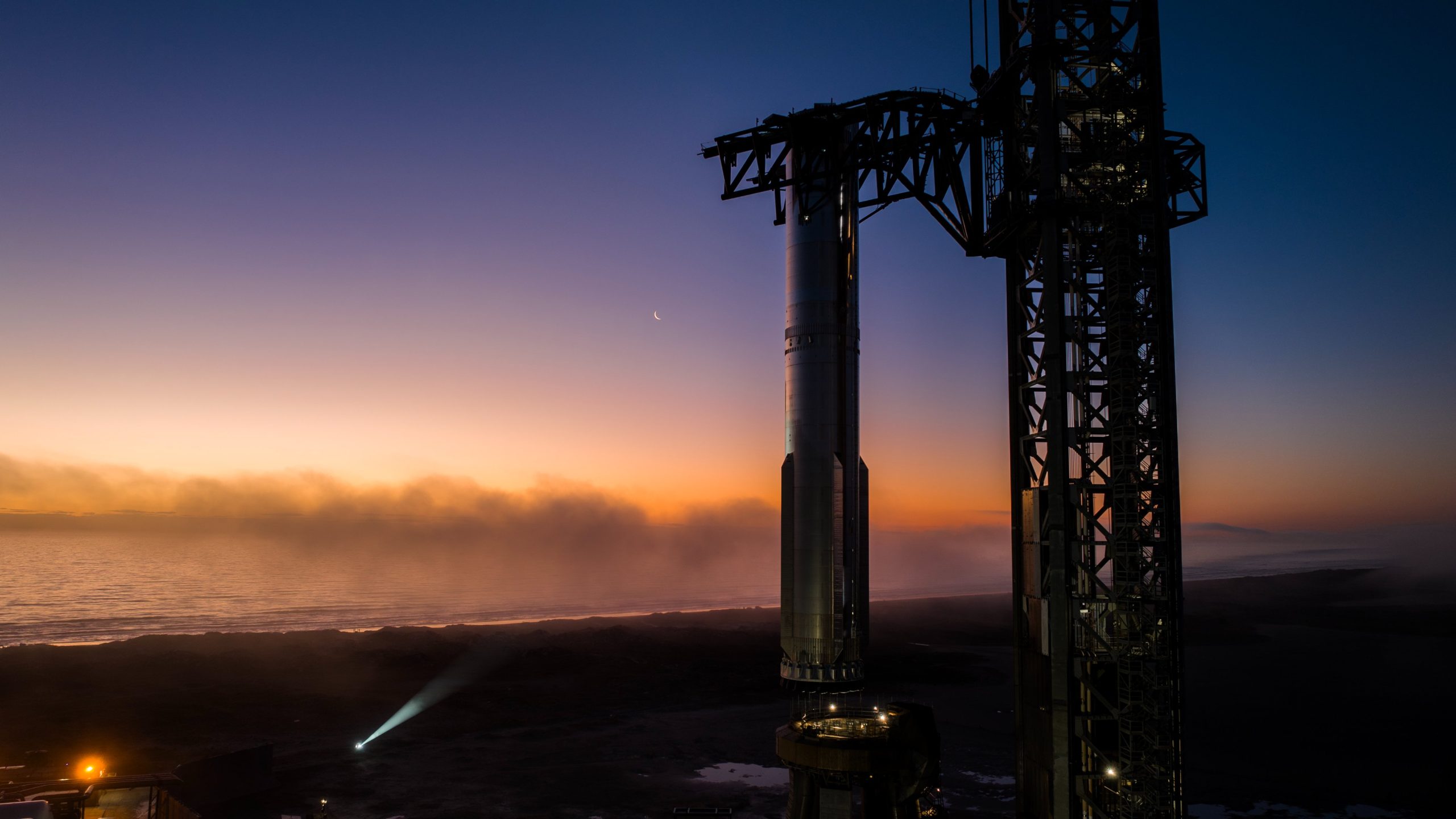Elon Musk
Tesla stock: Morgan Stanley says eVTOL is calling Elon Musk for new chapter
Could Tesla dive into the eVTOL market? Morgan Stanley takes a look.

Tesla shares are up nearly 20 percent in the past month, but that is not stopping the only trillion-dollar automaker from attracting all types of new potential sectors to disrupt, at least from an investor and analyst perspective.
Morgan Stanley’s Adam Jonas is not one to shy away from some ideas that many investors would consider far-fetched. In a recent note, Jonas brought up some interesting discussion regarding Tesla’s potential in the eVTOL industry, and how he believes CEO Elon Musk’s answer was not convincing enough to put it off altogether.
Tesla’s Elon Musk says electric planes would be ‘fun problem to work on’
Musk said that Tesla was “stretched pretty thin” when a question regarding a plane being developed came up. Jonas said:
“In our opinion, that’s a decidedly different type of answer. Is Tesla an aviation/defense-tech company in auto/consumer clothing?”
Musk has been pretty clear about things that Tesla won’t do. Although he has not unequivocally denied aviation equipment, including planes and drones, as he has with things like motorcycles, it does not seem like something that is on Musk’s mind.
Instead, he has focused the vast majority of his time at Tesla on vehicle autonomy, AI, and robotics, things he sees as the future.
Tesla and China, Robotics, Pricing
Morgan Stanley’s note also discussed Tesla’s prowess in its various areas of expertise, how it will keep up with Chinese competitors, as there are several, and the race for affordable EVs in the country.
Tesla is the U.S.’s key to keeping up with China
“In our view, Tesla’s expertise in manufacturing, data collection, robotics/ physical AI, energy, supply chain, and infrastructure are more critical than ever before to put the US on an even footing with China in embodied AI,” Jonas writes.
It is no secret that Tesla is the leader in revolutionizing things. To generalize, the company has truly dipped its finger in all the various pies, but it is also looked at as a leader in tech, which is where Chinese companies truly have an advantage.
Robotics and the ‘Humanoid Olympics’
Jonas mentioned China’s recent showcasing of robots running half marathons and competing in combat sports as “gamification of robotic innovation.”
Tesla could be at the forefront of the effort to launch something similar, as the analyst predicts the U.S. version could be called “Humanoid Ninja Warrior.”
Pricing
Tesla is set to launch affordable models before the end of Q2, leaving this month for the company to release some details.
While the pricing of those models remains in limbo with the $7,500 tax credit likely disappearing at the end of 2024, companies in China have been able to tap incredibly aggressive pricing models. Jonas, for example, brings up the BYD Seagull, which is priced at just about $8,000.
Tesla can tap into an incredibly broader market if it can manage to bring pricing to even below $30,000, which is where many hope the affordable models end up.
During the Q3 2024 Earnings Call, Musk said that $30,000 is where it would be with the tax credit:
“Yeah. It will be like with incentive. So, 30K, which is kind of a key threshold.”

Elon Musk
xAI’s Grok approved for Pentagon classified systems: report
Under the agreement, Grok can be deployed in systems handling classified intelligence analysis, weapons development, and battlefield operations.

Elon Musk’s xAI has signed an agreement with the United States Department of Defense (DoD) to allow Grok to be used in classified military systems.
Previously, Anthropic’s Claude had been the only AI system approved for the most sensitive military work, but a dispute over usage safeguards has reportedly prompted the Pentagon to broaden its options, as noted in a report from Axios.
Under the agreement, Grok can be deployed in systems handling classified intelligence analysis, weapons development, and battlefield operations.
The publication reported that xAI agreed to the Pentagon’s requirement that its technology be usable for “all lawful purposes,” a standard Anthropic has reportedly resisted due to alleged ethical restrictions tied to mass surveillance and autonomous weapons use.
Defense Secretary Pete Hegseth is scheduled to meet with Anthropic CEO Dario Amodei in what sources expect to be a tense meeting, with the publication hinting that the Pentagon could designate Anthropic a “supply chain risk” if the company does not lift its safeguards.
Axios stated that replacing Claude fully might be technically challenging even if xAI or other alternative AI systems take its place. That being said, other AI systems are already in use by the DoD.
Grok already operates in the Pentagon’s unclassified systems alongside Google’s Gemini and OpenAI’s ChatGPT. Google is reportedly close to an agreement that will result in Gemini being used for classified use, while OpenAI’s progress toward classified deployment is described as slower but still feasible.
The publication noted that the Pentagon continues talks with several AI companies as it prepares for potential changes in classified AI sourcing.
Elon Musk
Elon Musk denies Starlink’s price cuts are due to Amazon Kuiper
“This has nothing to do with Kuiper, we’re just trying to make Starlink more affordable to a broader audience,” Musk wrote in a post on X.

Elon Musk has pushed back on claims that Starlink’s recent price reductions are tied to Amazon’s Kuiper project.
In a post on X, Musk responded directly to a report suggesting that Starlink was cutting prices and offering free hardware to partners ahead of a planned IPO and increased competition from Kuiper.
“This has nothing to do with Kuiper, we’re just trying to make Starlink more affordable to a broader audience,” Musk wrote in a post on X. “The lower the cost, the more Starlink can be used by people who don’t have much money, especially in the developing world.”
The speculation originated from a post summarizing a report from The Information, which ran with the headline “SpaceX’s Starlink Makes Land Grab as Amazon Threat Looms.” The report stated that SpaceX is aggressively cutting prices and giving free hardware to distribution partners, which was interpreted as a reaction to Amazon’s Kuiper’s upcoming rollout and possible IPO.
In a way, Musk’s comments could be quite accurate considering Starlink’s current scale. The constellation currently has more than 9,700 satellites in operation today, making it by far the largest satellite broadband network in operation. It has also managed to grow its user base to 10 million active customers across more than 150 countries worldwide.
Amazon’s Kuiper, by comparison, has launched approximately 211 satellites to date, as per data from SatelliteMap.Space, some of which were launched by SpaceX’s Falcon 9 rocket. Starlink surpassed that number in early January 2020, during the early buildout of its first-generation network.
Lower pricing also aligns with Starlink’s broader expansion strategy. SpaceX continues to deploy satellites at a rapid pace using Falcon 9, and future launches aboard Starship are expected to significantly accelerate the constellation’s growth. A larger network improves capacity and global coverage, which can support a broader customer base.
In that context, price reductions can be viewed as a way to match expanding supply with growing demand. Musk’s companies have historically used aggressive pricing strategies to drive adoption at scale, particularly when vertical integration allows costs to decline over time.
Elon Musk
SpaceX secures FAA approval for 44 annual Starship launches in Florida
The FAA’s environmental review covers up to 44 launches annually, along with 44 Super Heavy booster landings and 44 upper-stage landings.

SpaceX has received environmental approval from the Federal Aviation Administration (FAA) to conduct up to 44 Starship-Super Heavy launches per year from Kennedy Space Center Launch Complex 39A in Florida.
The decision allows the company to proceed with plans tied to its next-generation launch system and future satellite deployments.
The FAA’s environmental review covers up to 44 launches annually, along with 44 Super Heavy booster landings and 44 upper-stage landings. The approval concludes the agency’s public comment period and outlines required mitigation measures related to noise, emissions, wildlife, and airspace management.
Construction of Starship infrastructure at Launch Complex 39A is nearing completion. The site, previously used for Apollo and space shuttle missions, is transitioning to support Starship operations, as noted in a Florida Today report.
If fully deployed across Kennedy Space Center and nearby Cape Canaveral Space Force Station, Starship activity on the Space Coast could exceed 120 launches annually, excluding tests. Separately, the U.S. Air Force has authorized repurposing Space Launch Complex 37 for potential additional Starship activity, pending further FAA airspace analysis.
The approval supports SpaceX’s long-term strategy, which includes deploying a large constellation of satellites intended to power space-based artificial intelligence data infrastructure. The company has previously indicated that expanded Starship capacity will be central to that effort.
The FAA review identified likely impacts from increased noise, nitrogen oxide emissions, and temporary airspace closures. Commercial flights may experience periodic delays during launch windows. The agency, however, determined these effects would be intermittent and manageable through scheduling, public notification, and worker safety protocols.
Wildlife protections are required under the approval, Florida Today noted. These include lighting controls to protect sea turtles, seasonal monitoring of scrub jays and beach mice, and restrictions on offshore landings to avoid coral reefs and right whale critical habitat. Recovery vessels must also carry trained observers to prevent collisions with protected marine species.








